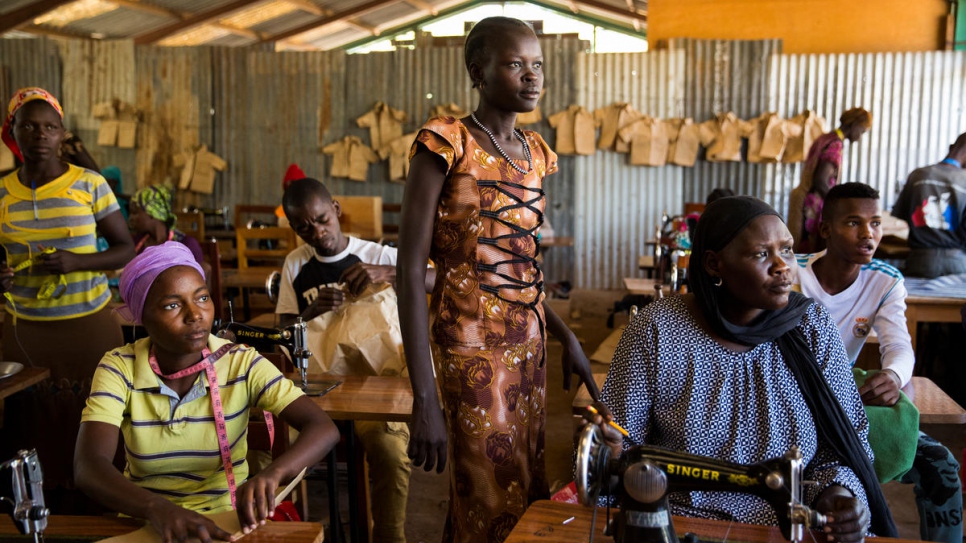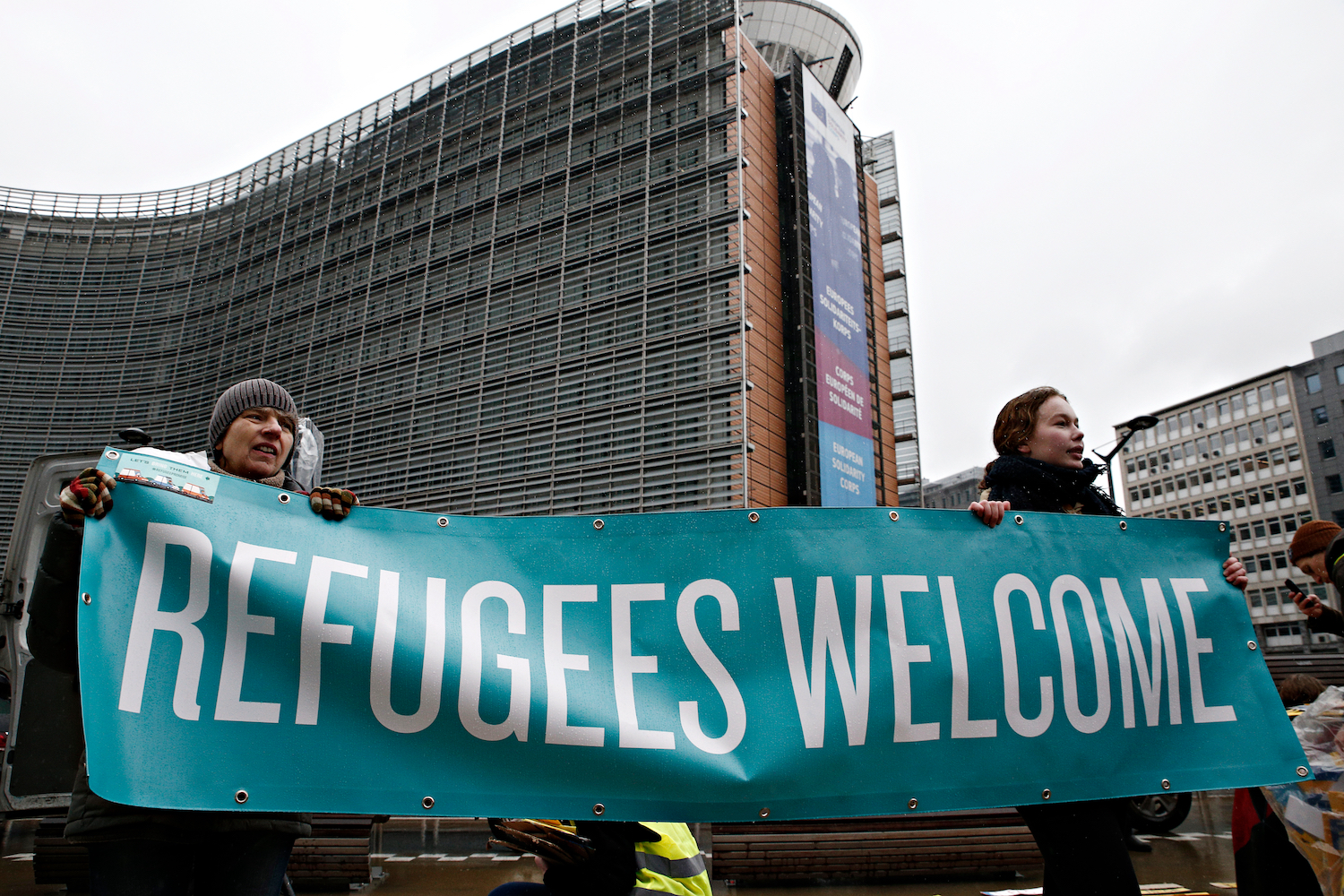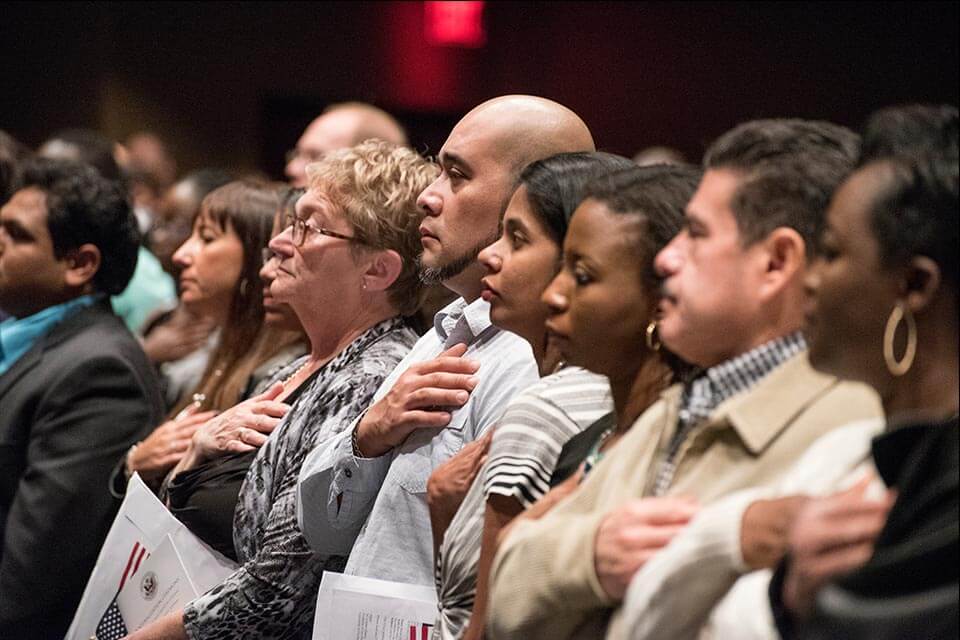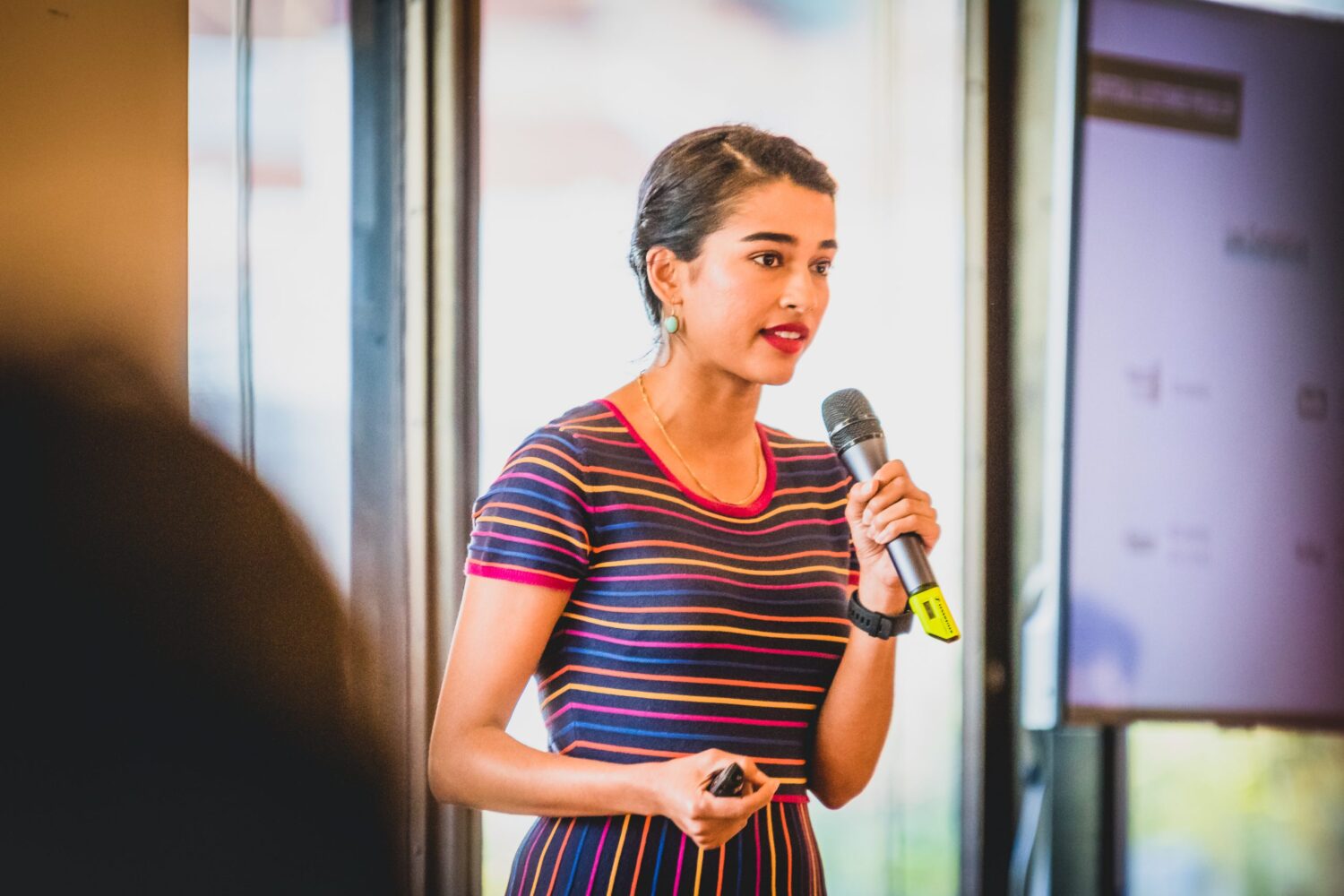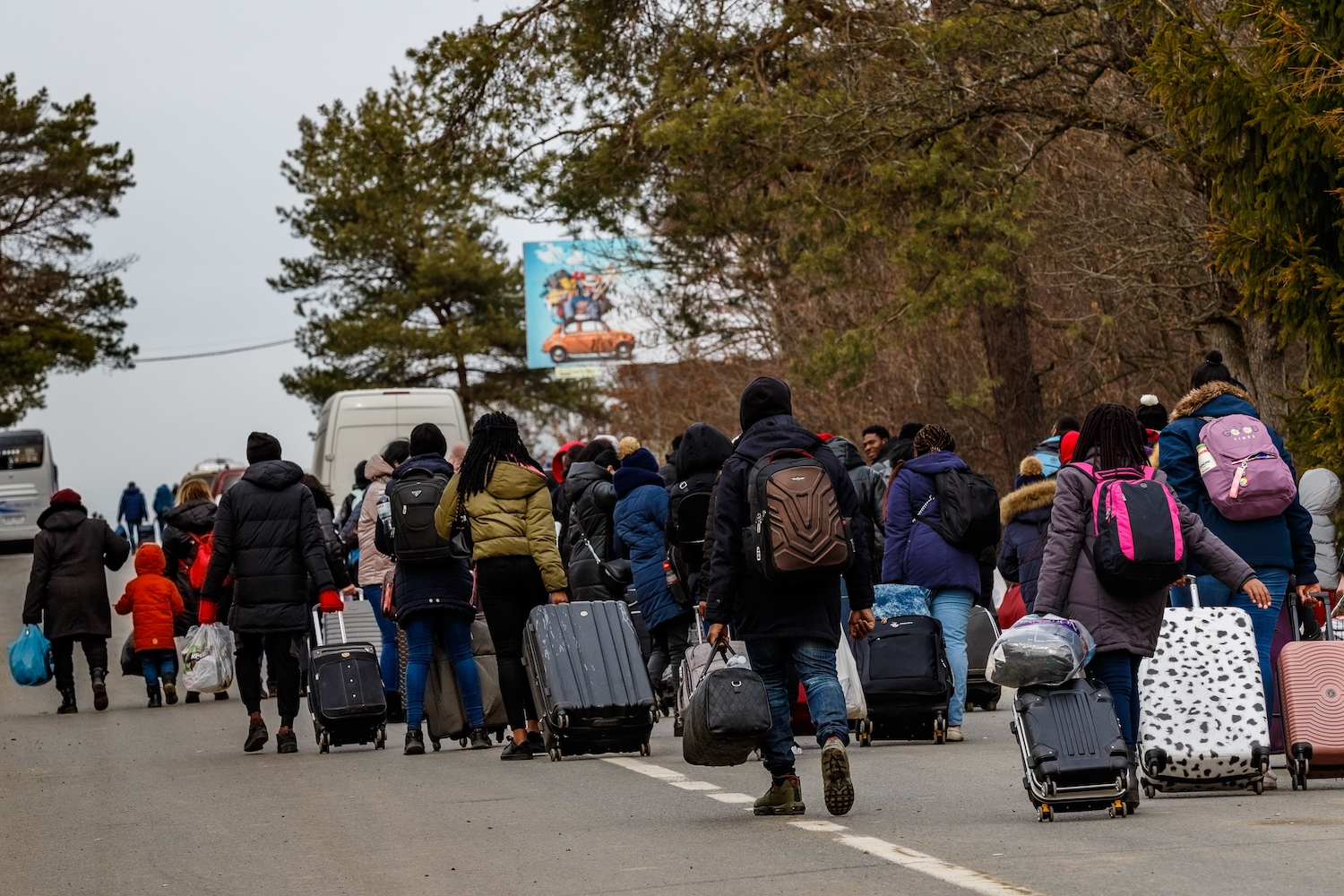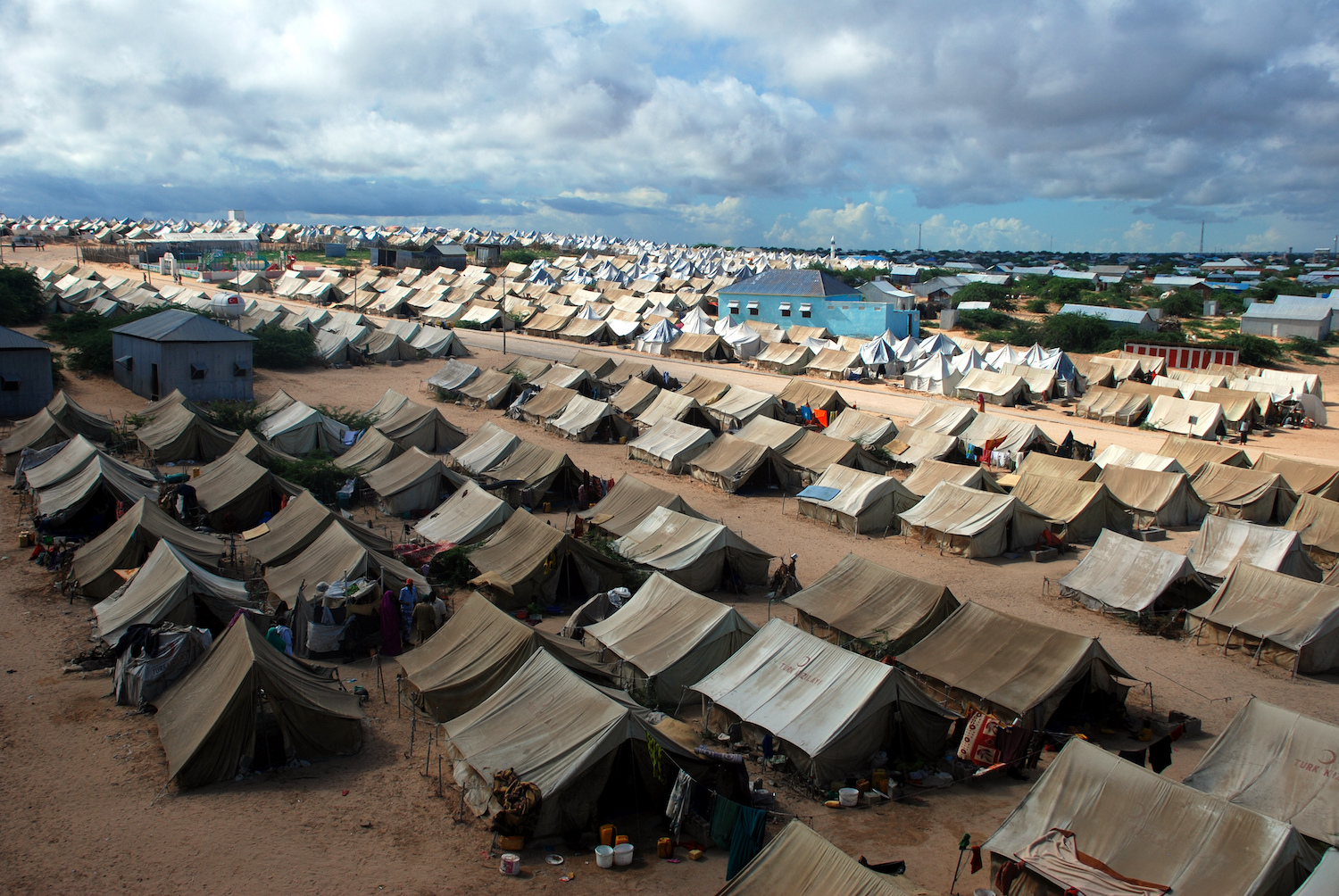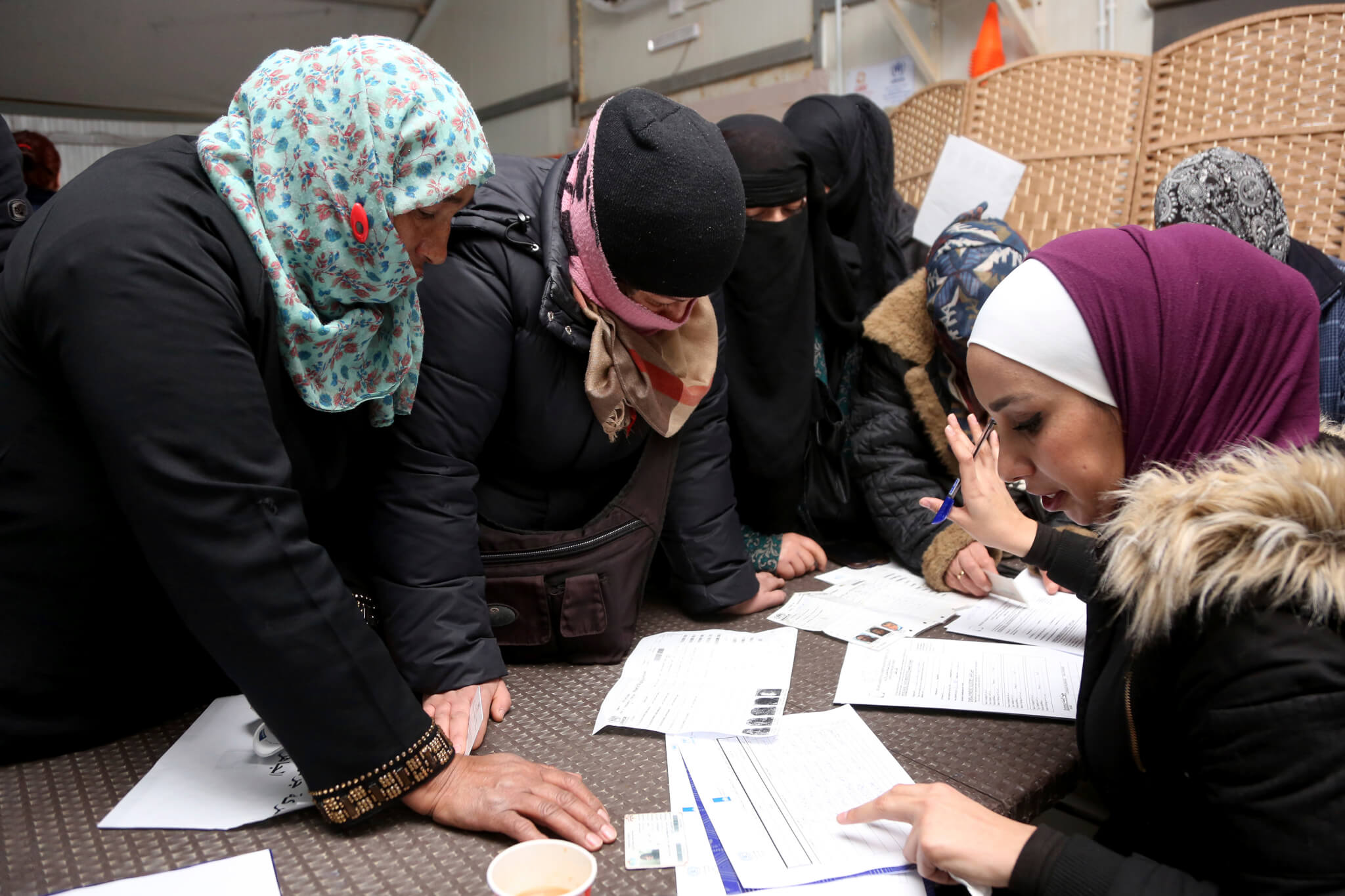ImpactAlpha, April 4 — NESsT has invested $27 million in 233 enterprises to create quality jobs for refugees, migrants and other displaced people in Latin America and Central and Eastern Europe.
Now it is taking that expertise to help tackle the livelihoods challenge for some of the nearly four million people finding refuge in Poland and Romania from the war in Ukraine.
NESsT will support up to 15 social enterprises in Poland and Romania in creating 3,000 good jobs for refugees through a $3 million initiative supported by IKEA Social Entrepreneurship and the Cisco Foundation. NESsT is seeking to provide recoverable grants of between €35,000-€75,000.
The San Francisco Bay Area social enterprise incubator and impact fund manager has been investing in “the missing middle” for more than a quarter-century, financing growing enterprises that are too big for microfinance institutions but too small for commercial banks. By its count, it has helped create over 90,000 formal jobs, improving economic mobility for more than one million underserved people. NESsT invests through a pair of funds, which have a combined $9.6 million in assets under management.
In addition to the recoverable grants, NESsT’s Refugee Employment initiative will provide traditional grants of around $20,000 for wraparound services, such as soft-skills training, housing assistance, visa paperwork, medical care and psychological support.
“When you’re investing in vulnerable and underserved people, you need to make sure that you provide a very holistic package of support,” NESsT’s Nicole Etchart told ImpactAlpha. “A lot of people are coming out of very dramatic circumstances, situations of injustice and racism. There’s a lot of support that’s going to be needed.”
The six enterprises in the initiative’s initial cohort include Poland’s Mamo Pracuj Foundation, which is helping refugee women, especially mothers, access high-growth careers. Also in Poland, Nebucode is launching a training program that teaches IT skills and development to marginalized students. In Romania, Box Elyte, a manufacturer of eco-friendly cardboard packaging for chocolates and pastries, provides English as a second language and computer skills training for refugees.
“These are enterprises that have good green practices and are providing quality jobs,” says Etchart. “And by that we mean jobs that are paying well, that have a contract and are really moving people out of poverty.”
Refugee-lens investing
Russia’s invasion of Ukraine last year triggered Europe’s largest refugee crisis since World War II. Poland and Romania, two neighboring countries that had already opened doors to refugees and migrants from Syria, Afghanistan, Bangladesh and Africa, are bringing in millions of refugees from Ukraine.
“With the invasion ongoing in Ukraine for over a year now, refugees remain one of the most marginalized and vulnerable communities within the region,” said IKEA’s Asa Skogstrom Feldt.
CrossBoundary’s Scott Richards was among those fleeing to Poland, walking six kilometers as the wave of migrants made the road impassable. CrossBoundary is working with several Ukrainian firms to expand productive capacity and employment.
Many of the enterprises in NESsT’s initial cohort sprung into action when the war broke out, launching emergency responses to support refugees coming from Ukraine. Mamo Pracuj has already started helping nearly 2,000 Ukrainian women refugees find new jobs through its digital recruiting platform, according to NESsT.
Etchart says job creation was the most obvious route to help get the Ukrainian refugees integrated. “I read that the average amount of time for a refugee is often 17 years, so when you start to think about that on a global basis, you realize that you really need to find a solution quickly to bring people into dignity and help them provide for their families,” she adds.
Tim Docking of the Refugee Investment Network says refugee-lens social enterprises, like the ones in NESsT’s Refugee Employment initiative, deserve more attention from investors.
“Along with financing, they have an opportunity to grow through impact-focused sourcing and procurement,” Docking told ImpactAlpha. “Hopefully, larger companies, the public and aid sector buy from these NESsT social enterprises to create more jobs for refugees — a great opportunity for impact and refugee self-reliance.”
RIN has long made the call to investors to address the global refugee crisis, which has been exacerbated by the climate crisis. RIN’s investing framework is a starting point for investors to define what refugee-lens investing is, adds Docking. “It’s also important to look at regional opportunities to leverage sectoral initiatives and learnings.”
Displaced populations
Etchart says, although NESsT is focused on creating dignified jobs for Ukrainian refugees in Poland and Romania, the goal, ultimately, is “to invest in the reconstruction and recovery period of Ukraine as the war ends.”
“We very much have our eyes on Ukraine on whether we can help bring back the refugees that have left to make sure they’re integrated into the economy.”
In the next few years, NESsT is targeting social enterprises creating good jobs for refugees in northern Africa and Sub-Saharan Africa.
“We want to make sure that there’s a value add that NESsT can bring and that we’re needed,” Etchart says. In Turkey, “We’re planning to enter and help them with the earthquake situation, which is of course affecting refugees and putting a lot of people in a situation of displacement.”




